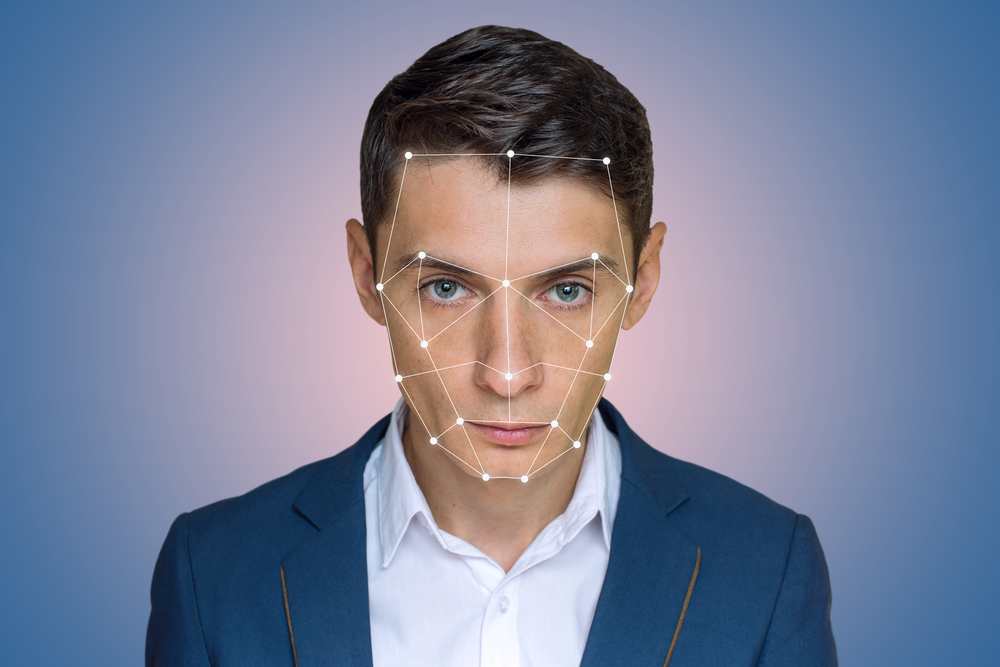Facial recognition technology will always be subject to considerable debate and controversy. The average consumer should not look forward to being affected by facial recognition technology. Surprisingly, residents of Berlin have been voluntarily signing up for such a program. This experiment with facial recognition technology will leave the community divided for quite some time to come.
Berlin’s Six-month Facial Recognition Trial is worrisome
Many Germans are not in favor of implementation of facial recognition technology. However, the current trial taking place in Berlin has also received a lot of community support. Plenty of volunteers have signed up for a six-month pilot program in Berlin. The nature of this experiment is as yet unclear, but there has been a fair amount of negative feedback from residents claiming it to be nothing more than an unwanted increase in city-wide surveillance.
The project was created by German Interior Minister Thomas de Maiziere. He visited the Sudkreuz train station in Berlin earlier this week, which is one of the primary locations for this surveillance experiment. Thousands of people pass through the station on a daily basis. De Maiziere is also responsible for domestic security in Germany, which explains why he is so interested in facial recognition technology right now. Figuring out how this technology can be used to make the country safer appears to be one of his primary objectives.
During the minister’s visit, a protest was held against the increased level of surveillance. The activists demanded that the trial be ended as soon as possible, but that is unlikely to happen. Creating more extensive profiles of local residents is a big concern, for obvious reasons. The activists feel this pilot program will collect a lot more information than initially announced.
So far, 300 testers have volunteered for the facial recognition program. All test subjects will carry a transponder which should only transmit information on temperature, battery status, and signal strength. However, activists claim that the angle and acceleration of transponders are recorded as well, which would allow nefarious individuals to spy on other users. As a demonstration, one activist used his smartphone to track testers within 20 feet and got a lot of results.
The German Data Protection Commissioner is also not too happy about the active technology being used to conduct this trial. Using a passive solution would have been received better by the general public, in her opinion. The active transponder provides constant information which anyone can intercept with relative ease. It appears most of the testers have not been informed about that aspect and what type of information is effectively transmitted. So far, though, none of the testers have openly complained about the project.
Officially speaking, this experiment is designed to enhance public safety across Germany. Every form of video surveillance can be both useful and an invasion of privacy at the same time. For the time being, this technology is not designed to track shoplifters or other low level criminals, but rather focuses on terrorists and serious offenders. The program has been ongoing since early August and seemingly will continue. After the trial, a decision will be made as to whether or not automatic facial recognition will become common in all of Germany’s train stations and other public spaces.

